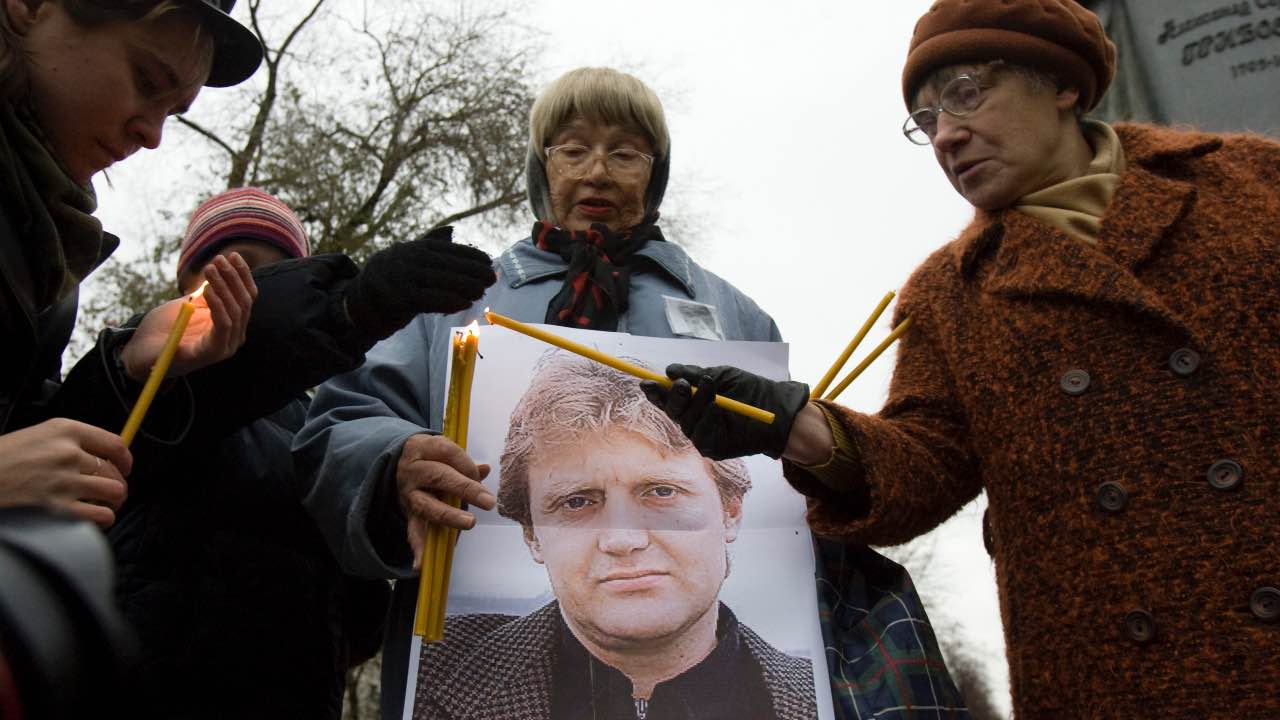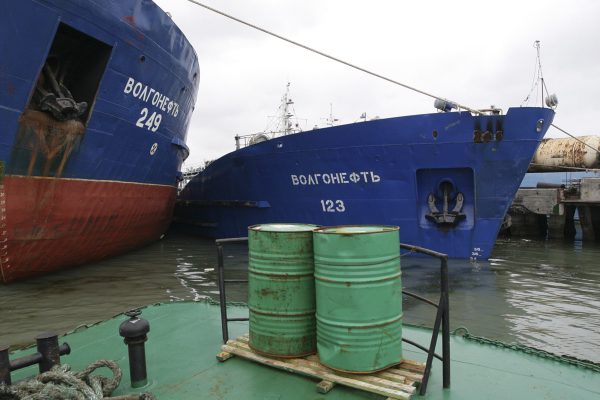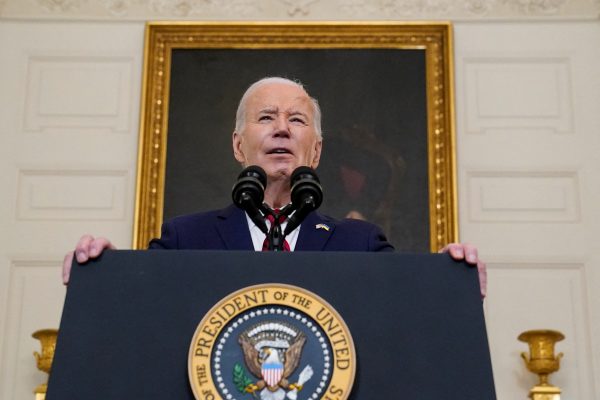An opera-goer from Mars might find The Life and Death of Alexander Litvinenko as implausible as the disguises in Così fan tutte or the protracted death scene in La Bohème. The new work, staged at Grange Park Opera in the Surrey countryside, just outside London, features a stalwart KGB man who breaks with his bosses to protect a string-pulling oligarch. He then flees to Britain. In exile, Litvinenko works for MI6, investigating Kremlin money laundering and mob connections in Spain. He also peddles seemingly crackpot conspiracy theories (Putin the pedophile), and soon thereafter is murdered (on the third attempt) by bumbling Russian assassins, using a stupendously costly and very conspicuous poison.
The bits the opera leaves out are even odder. After the murder, successive British governments resisted holding an inquiry into what really happened, citing national security. The probable culprit became a successful celebrity politician in Moscow. Eventually a judge, after seeing the secret evidence, ruled in 2016 that the murder was “probably” authorized by Vladimir Putin.
These remarkable events have been forgotten with remarkable speed. Other opera-goers peppered me with questions when we saw the performance this weekend. Some involved details. Others were unanswerable, such as “Who were the good guys?” In the bucolic evening shadow of a 15th-century English mansion, I struggled to explain the messy world of Russia in the 1990s, with its real-life cast of oligarchs, terrorists, gangsters, and state-sponsored thugs. Early in the performance, the audience gets a taste of what this meant for ordinary Russians when gun-toting assailants burst into the auditorium: a jarring re-enactment of the Chechen fighters’ hostage-taking at the Nord-Ost theatre performance in Moscow in 2002.
That really happened (though the opera suggests, with some justification, that the FSB had a hand in the supposed terrorist outrage). Gruesome archive footage of the Chechen wars evokes the death, destruction, and misery that prompted Litvinenko’s change of heart. An ingenious set involving shifting screens and skewed perspectives gives the right backdrop. Bleak, shadowy lighting evokes the half-life that awaits émigrés and defectors. The stage direction is snappy and sinister.
But from a musical point of view, the opera is best forgotten. The excellent singers are wasted on the score, the first effort by a wealthy amateur, the retired investment magnate Sir Anthony Bolton. I suspect that his favorite composers include Leoš Janáček, Arvo Pärt, and Kurt Weil. But discordant echoes of their work bear little comparison to the real thing. A Red Army marching song, the Chechen anthem, a Moscow football chant, and a burst of Tchaikovsky offer some welcome if intermittent, relief.
The libretto is clunky and pedestrian, underling some points too heavily, and leaving others unclear. The baffled outrage felt in Britain at the news of the use of a radioactive poison is missing, as is the gripping medical and police detective work that uncovered the appalling truth. Marina Litvinenko, the murdered man’s widow and author of a book on which the show is based, received longer and more heartfelt applause when she was mentioned at the start than the cast and composer received at the end.
Yet I was thrilled to see the performance. One reason was nostalgia. Anna Politkovskaya, a colleague murdered also in 2006, but on Putin’s birthday, plays a central role. Most important was the reminder that the Putin regime is drenched in blood. As Litvinenko wrote on his deathbed: “You succeeded in silencing one man but the howl of protest from around the world will reverberate, Mr. Putin, in your ears for the rest of your life.” This particular music may not resonate. But the outrage still does.




